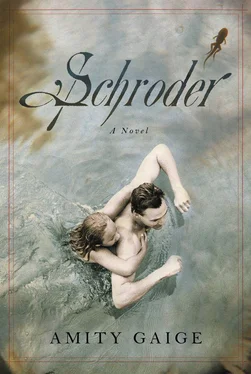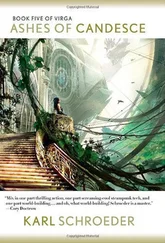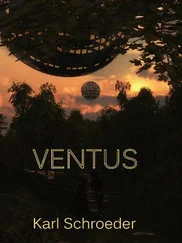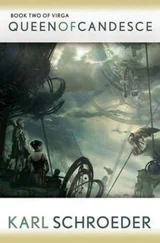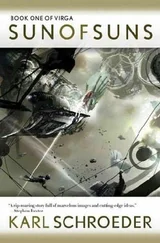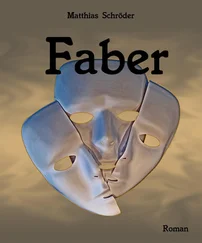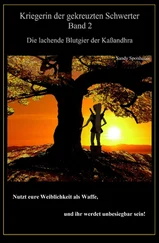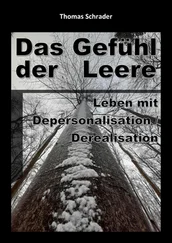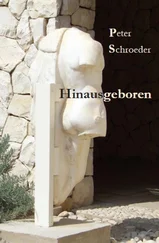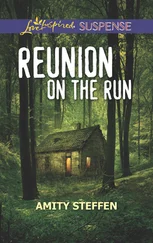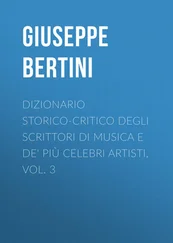If there’s one thing I’m sure of, it’s that making a dusty run for it across the control strip would have been way beneath my father. My father was a collector, a tinker, a wonk. My father was a squinter, a skeptic, a bender over documents, a taker-apart of small machines. For however long he contemplated our escape — that is to say, mine and his — I imagine that he investigated as much as he could the methods of wall crossings, weighing their relative merits. He would have studied them all: the sprinters, the jumpers, the tunnelers, the train commandeerers, the aviators, the gliders, the swimmers, the divers, the sailors, the bulldozers, the imposters, and the passport falsifiers. An internal GDR memorandum entitled “Overview of Attempted and Successful Border Violations Across the Border Security Installations (December 1974–May 1982)” makes for interesting reading. According to this document, 7,282 “border violators” were arrested during this time. Only 313 violators succeeded in crossing.
It’s a slim number, but let’s say it’s correct.
I’m not telling you all this to brag.
I’m telling you this because I know about borders.

So there we were, by the roadside, my daughter and myself. She was sitting obediently in the trunk of a stolen Mini Cooper somewhere just shy of Champlain, New York. And I had my hand on the trunk door and was debating how to explain this. In the end, I was unable to speak a word. An approaching eighteen-wheeler broke the silence between us, grinding up the highway and pouring its headlights across the sad scene. I made no move to hide myself from view. The driver did not stop. A man stuffing a child in the trunk of a car was no business of his!
“Daddy?” Meadow said again, entranced by my scheme even as she detected danger in it. The telltale whistle below her breath betrayed her stress. That teakettle boil, that awful rasp, that constriction.
I reached out my hand. Meadow took it.
“Get out of there,” I said, laughing drily. “I don’t know what I was thinking.”
She stepped out of the trunk and balanced on the fender before jumping off. She looked backwards at the road for a moment, more trucks approaching. Their headlights shone through the gap between her knees.
“Where are we?” she said.
“North,” I said.
“Oh. Are we going to keep going and going?”
“Not that way,” I said, pointing toward the border. “I don’t know anymore.”
I sat on the fender and cleaned my face with my shirtsleeve.
She turned around. “If we kept going, where would we be?”
“Canada,” I said.
“And after that?”
“Baffin Bay. I think.”
“And after that?”
“Greenland?”
“And after that?”
“Jesus, Meadow, nowhere. The ocean. Come here. You need a puff.” I retrieved her backpack from the trunk, took her inhaler from the outside pocket of her knapsack, and shook it. She leaned forward and accepted two spritzes. I tucked the inhaler back where I’d found it, right beside the neatly curled tube of strawberry toothpaste.
“No, after the ocean,” she said, exhaling medicinally into my face. “On the other side of the North Pole.”
“Oh, I see what you mean. Russia.”
“And after that?”
“I don’t know, Meadow.”
“Daddy?”
A line of traffic passed us, coherent, oceanic.
“Daddy?”
“Yes?”
“Your face is wet.”
I touched my fingers to my cheeks.
“Oh,” I said. “I guess it’s because I’m crying. Do you mind?”
“No.”
“Good.”
We watched the traffic.
“Do you get sad when I’m sad, Meadow?”
“Yes.”
“Well, there’s really nothing that can be done about that. You just have to stand it.”
“OK.”
“You just have to stand it. You’ll be free of it much later, when your mother and I are gone. It’s all right to be relieved when other people die. No one ever tells you that.”
She stared back at me.
“Believe me,” I said.
“OK.”
I wiped my face.
“Look at you—” I plucked at her shirt, sniffling. “Your clothes are still damp. Maybe that’s bringing on your asthma. How about you change into your pajamas in the backseat? While I take a look at the map. OK?”
“Don’t you know the way back home?”
“I know the way back home. Do as I say. OK?”
Pulling away from the roadside, I made a screeching U-turn. I could feel Meadow watching me. I didn’t know what to say about my tears. There is nothing to say about them, even now.
“You know what would cheer me up?” I said.
“What?”
“I’d like to see a very tall mountain. With you.”
“All right. Is there one close by?”
“Sure. There are mountains everywhere.”
“Good. Because I have school Monday.”
“Right, school.” Again, in the distance, I could see the orange glow of Plattsburgh. “When are they going to let you out of that place? Don’t Catholics believe in summertime? It’s hot already, for Pete’s sake. The blackberries are out. Outside is life.”
“I don’t know. June, I think.”
“It is June, hon. Put on your pajamas, would you?”
In the backseat, Meadow unclasped her belt buckle and placed her glasses to the side. After a series of contortions and arm torques, her head popped out of the head hole and she smoothed down the fabric and replaced her glasses on her face. In the headlights behind us, the crown of her head was a star of static. It’s ridiculous, I wanted to say, how many steps there are to everything, how endlessly procedural this life is. I wanted to apologize for it.
“Here’s an idea,” I said. “Now, you can say yes, or you can say no. Got it?”
“OK.”
“Consider this”—I swept my hand toward the windshield—“Mount Washington. Highest peak in the northeastern United States. Home of the highest surface winds ever recorded. And what’s great about Mount Washington is you can drive all the way up to the top. Right to the tippy-top, where you can buy fried chicken and a bumper sticker.”
Meadow held her position of frozen listening.
“But it might take us a couple days,” I said. “If you were willing, we could make a real road trip out of it. We could stop here and there. Cause some trouble, you know. It’s been a long time since we’ve — we haven’t had much time together. With all the razzle-dazzle between me and your mother.”
Meadow was pensive. Her nightgown bore the magnified image of a blond girl singing into a microphone. The girl’s pupils were filled in with glitter. Meadow drew her seat belt across her chest and studied me in the rearview mirror.
I smiled gamely. “I am happy to write a note to the nuns.”
“I don’t get taught by the nuns,” she said. “That’s just music and religion.”
“Then I’ll write a note to the Christless laypersons who teach you other subjects.”
Meadow gave me a bitter smile. I loved her bitter smiles, signs of a frustrated intelligence. I didn’t want her to be frustrated, but if she was intelligent, there wasn’t any getting around it. I even had the thought that she was going to refuse me. I suppose, in a way, I trusted her to rescue us.
“All right,” she said, shrugging.
“Really? Are you sure? You’d miss a little school.”
“It’s all right.”
“Really? Great. Great .”
“Of course,” she added, “I’ll have to ask Mommy.”
My heart sank. She had dutifully found the compromise solution that would keep all of us from getting what we wanted. We were once again prisoners of our own making.
Читать дальше
